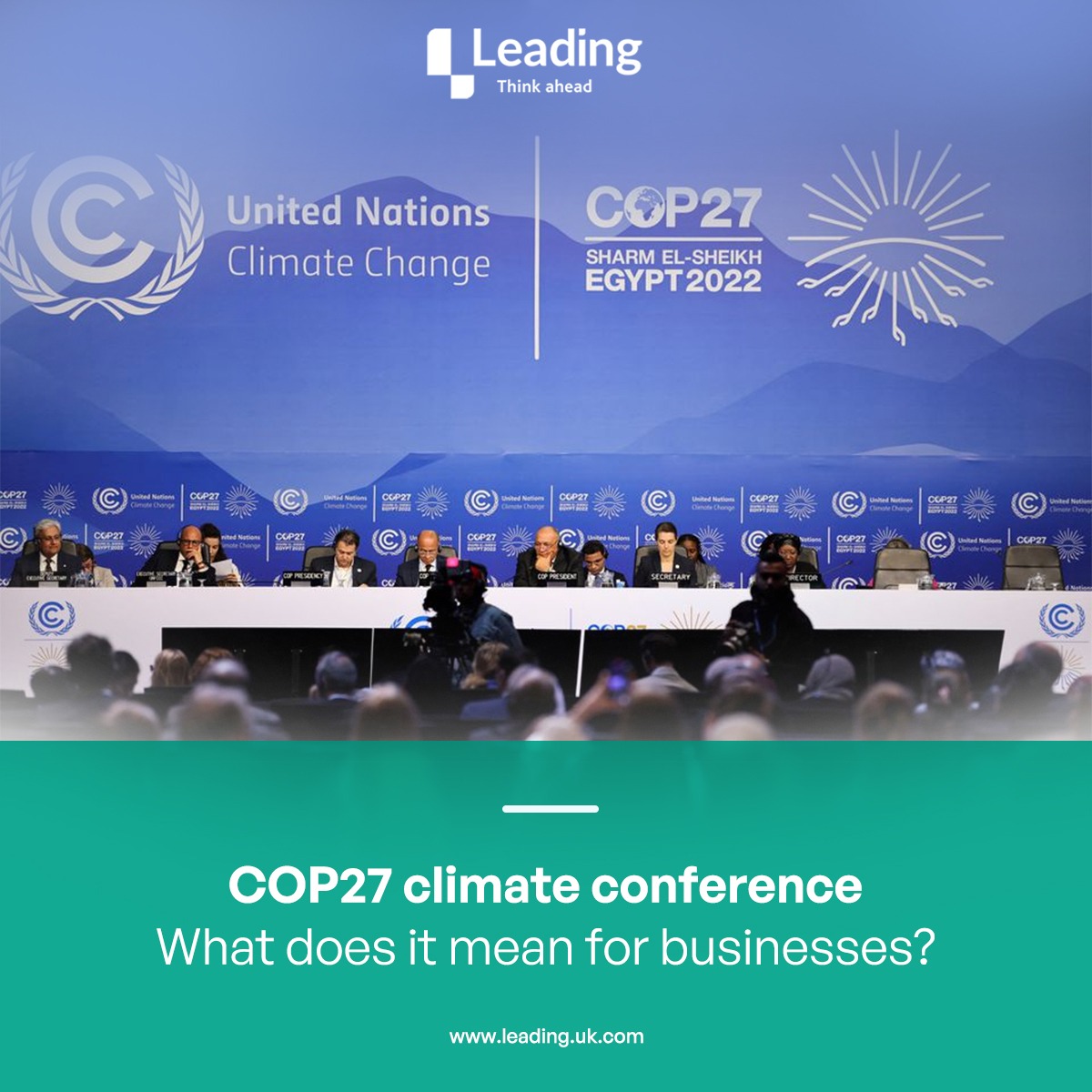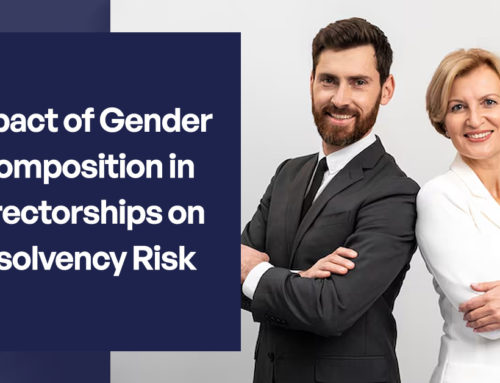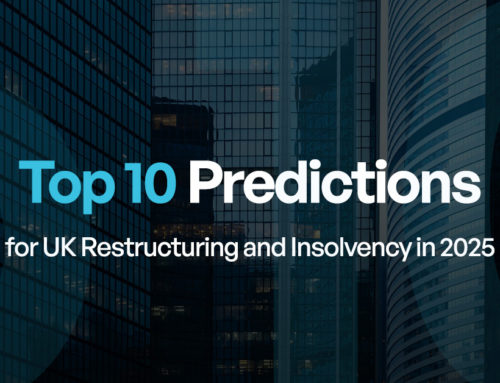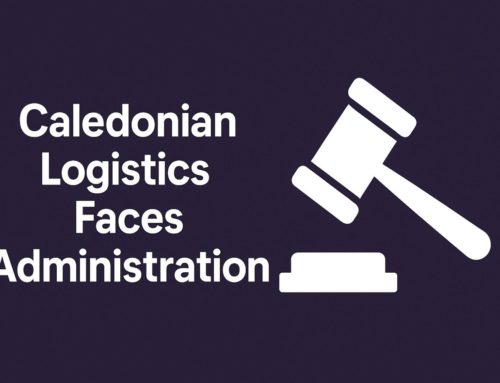As the Cop27 climate conference takes part in Egypt throughout November, there are a lot of businesses out there asking what it could mean for them. There are also questions surrounding what has changed since the Cop26 conference in Glasgow.
Why Cop26 Was So Important
One of the main things that came out of the Cop26 conference was a feeling of collective responsibility that arose amongst world leaders. It was acknowledged that in order to properly tackle climate change, there is going to need to be some kind of unified approach. As a result, there was a genuine willingness to act to steadily transition towards a net zero amongst different businesses and governments.
As far as UK businesses were concerned, the language that was used at the Cop26 summit was reasonably unambiguous. There was no doubt that the summit was very much at the forefront of the government’s political agenda. This is likely because the UK was the host nation and wanted to demonstrate leadership and really emphasise just how important collaboration is when tackling these issues.
One of the main points of conversation was how the countries were going to get enough funding to properly meet the commitments that were outlined in the Paris Agreement. A large contributor towards this was the launch of GFANZ, which is a coalition of large financial institutions from across the world that are committed to trying to decarbonise the entire global economy.
One of the other significant aspects that came out of the Cop26 summit was the pledge. The pledge was a result of the Glasgow Climate Pact, in which countries swore that they would revisit and then strengthen their emissions targets.
How is the Geo-Political Climate Since Cop26?
Some of the most significant events in politics over the past year consist of the invasion of Ukraine by Russia and the energy crisis, which continues to cause problems. To a certain extent, climate ambitions have fallen to the back of the line and aren’t being prioritised as much.
Not to mention, a lot of businesses who want to try and reduce their carbon emissions are not going to be prioritising such ambition at the moment because of the fact they are mainly just looking towards trying to stay afloat in what promises to be a difficult winter. Voluntary insolvencies for businesses across the UK are currently at an all-time high.
Sure, the above looks bleak, but it’s not all bad. There has been legislation passed by the US which has a particular focus towards climate change. Not only that, but there are also new policy commitments too which are looking towards trying to stop deforestation. These policies have been put forward by Lula da Silva, who is the newly elected Brazilian president.
Policy Developments Within the UK
There have been policies implemented throughout the UK as well. The first of these is that they have agreed to steadily try and reduce the amount of coal and fossil fuel generation that takes place across the country. That being said, this is slower than we would like, as the ongoing energy crisis means that a lot of licences for coal plants have been extended.
Similarly, there has also been a decision made which has focused on opening up both oil and gas exploration licences across the North Sea. The government is incredibly keen on banning fracking, as has recently been confirmed by Rishi Sunak, even after Liz Truss controversially decided to overturn the ban.
Predictions for the Cop27 Summit
It seems that there are quite a few mixed feelings surrounding the Cop27 summit. The summit feels like it is a lot more of a challenge for world leaders than it was back in 2021, which could be because of the late release of the agenda, which makes planning talks and taking action a bit more difficult.
There are a lot of disagreements surrounding loss, damage and finance pertaining to climate change, and this will likely be a core focus of the Cop27 summit as it takes place. The talks could potentially be quite tense as there are some South American countries who have said that they will use their veto to completely turn proceedings on their head if they do not believe the issues are resolved in a satisfactory manner. There were also rumours that the UK prime minister would not be attending the conference, which also left a sour taste in a lot of people’s mouths as it felt like this was a step backwards when you consider the collective effort that came forward in the Cop26 summit.
Even with these factors, though, there is room for optimism heading into this summit. Yes, there was a delay in releasing the agenda, but now that it has been published, there are a number of exciting topics on the bill. These include key issues like how climate plans can be implemented as well as how countries can plan for loss/damage, as well as gender equality issues that people could face on the road to decarbonisation.
Heading into Cop27 for Businesses
The Cop26 summit saw a collective responsibility taken on by countries to tackle climate change. Thanks to world affairs, a lot of issues have been placed on the back burner. One of the main ones for businesses is that though they may be interested in trying to cut down their carbon emissions, doing so and suffering the loss could be particularly tough, given times are already hard. It may be the case that a lot of organisations need to take out loans or consider other routes if they find themselves in financial hardship following the passing of different policies that attempt to tackle climate change. If your business is in a difficult position because of this, then be sure to contact Leading UK. Our expert team will be able to consider your business’s situation and provide advice on the best way that you can move forward. Do not hesitate to get in touch for more information.






